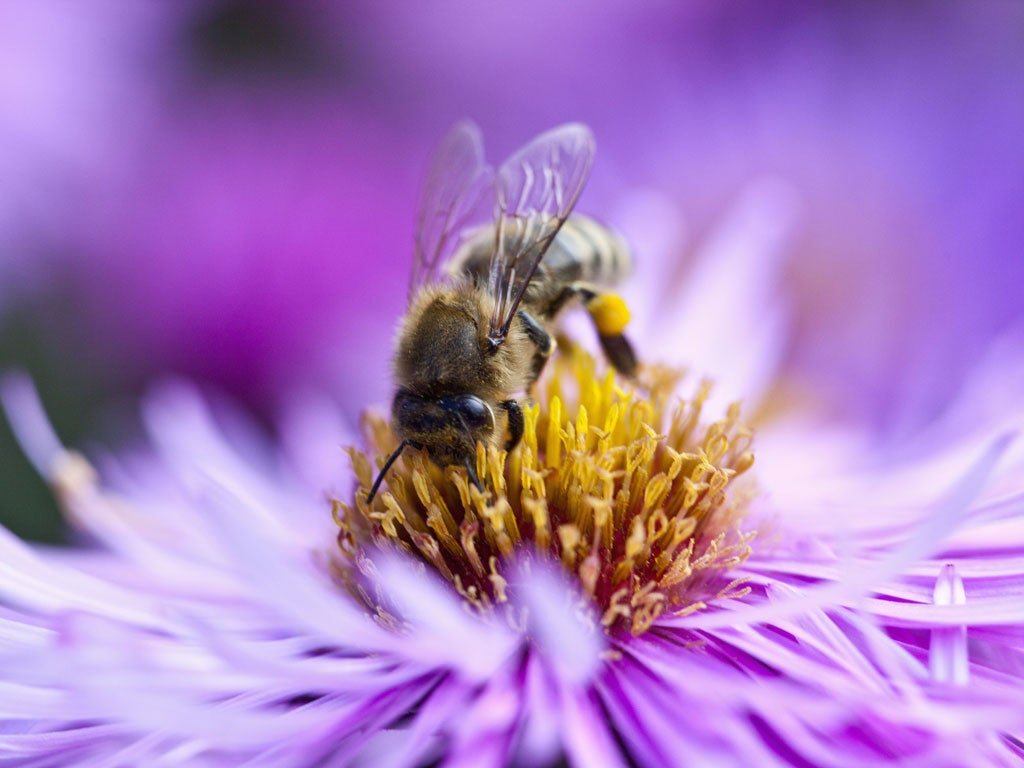Government to reconsider nerve agent pesticides

Your support helps us to tell the story
From reproductive rights to climate change to Big Tech, The Independent is on the ground when the story is developing. Whether it's investigating the financials of Elon Musk's pro-Trump PAC or producing our latest documentary, 'The A Word', which shines a light on the American women fighting for reproductive rights, we know how important it is to parse out the facts from the messaging.
At such a critical moment in US history, we need reporters on the ground. Your donation allows us to keep sending journalists to speak to both sides of the story.
The Independent is trusted by Americans across the entire political spectrum. And unlike many other quality news outlets, we choose not to lock Americans out of our reporting and analysis with paywalls. We believe quality journalism should be available to everyone, paid for by those who can afford it.
Your support makes all the difference.The Government is to reconsider its refusal to ban neonicotinoid pesticides, the nerve-agent chemicals blamed for the collapse of bee colonies worldwide, the chief scientist at the Department of the Environment, Sir Robert Watson, told The Independent.
Sir Robert, a former head of the UN climate panel, moved quickly to begin a comprehensive re-evaluation of the Government's stance after two new scientific studies, from Britain and France, strongly linked neonicotinoid use to bee declines.
He said the new studies, and others, would be closely analysed.
The Government has refused previous requests to consider a precautionary suspension of the chemicals, which have been banned in France and Italy, despite mounting evidence that they are harmful to bees and other pollinating insects, even in minute doses.
Bees' role in pollinating crops is worth billions of pounds annually to global agriculture.
Even on Thursday, after the new studies were published, a spokesman for Defra said the new research did not change the Government's position, and that "the evidence shows that neonicotinoids do not pose an unacceptable risk to honey bees".
But yesterday Sir Robert said: "The real Defra position is the following: we will absolutely look at the University of Stirling work, the French work, and the American work that came out a couple of months ago [a study by the US government's leading bee researcher, Dr Jeffrey Pettis, which showed that exposure to microscopic doses of neonicotinoids weakened bees' resistance to disease]. We must look at this in real detail to see whether or not the current British position is correct or is incorrect.
He added: "I want to get a really careful analysis of all three papers, and I've asked for a briefing on some ongoing work that we've been doing ourselves. I want this all reassessed, very, very carefully."
Join our commenting forum
Join thought-provoking conversations, follow other Independent readers and see their replies
Comments